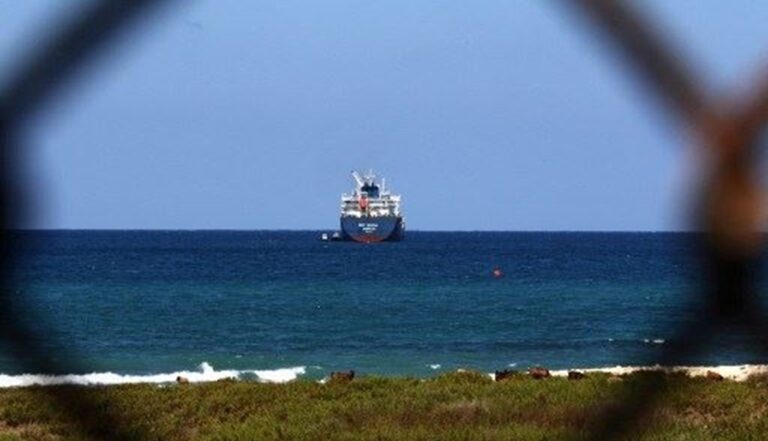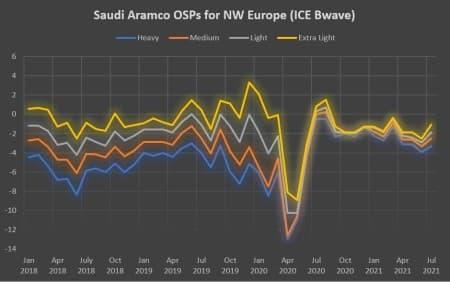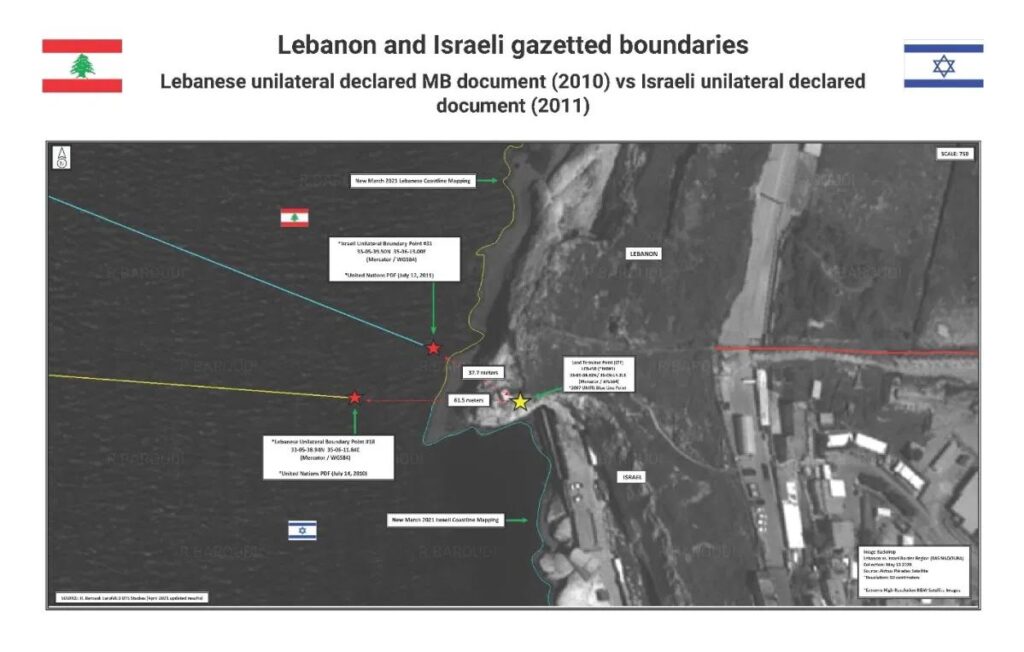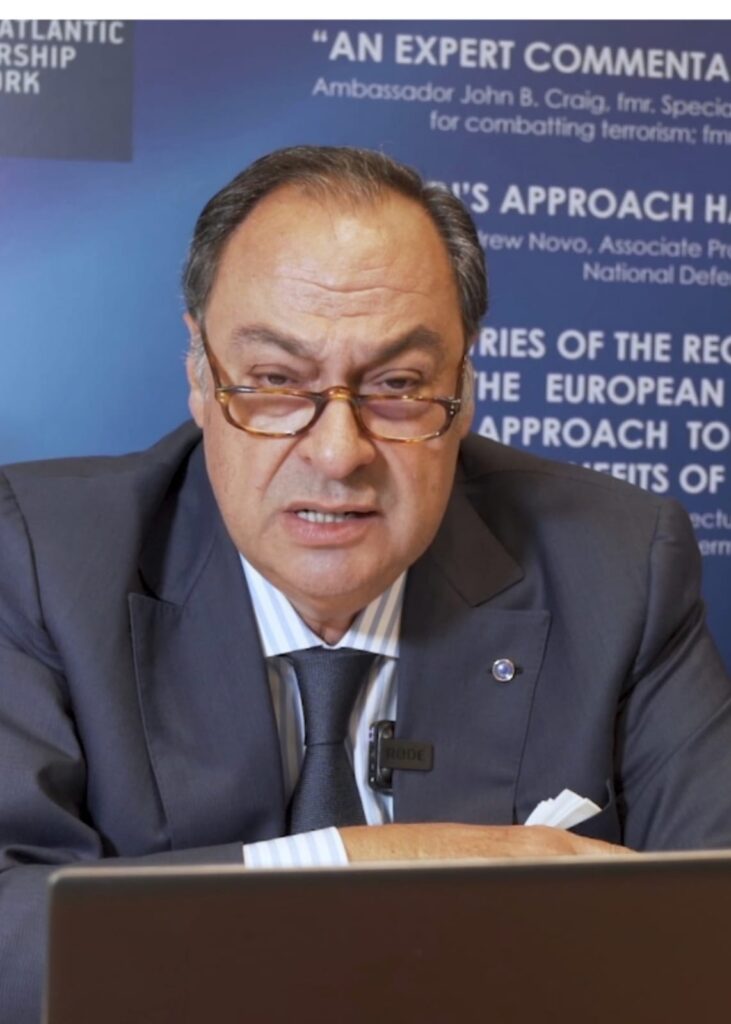لو استفاد لبنان من خط الغاز العربي لوفّر 5 مليارات دولار… بارودي لـ”النهار”: إبعاد السياسة عن قطاع الطاقة مفتاح الحلول

طرأت في الأيام الأخيرة معطيات إيجابية تعطي ال#لبنانيين بارقة أمل بالنسبة إلى التخفيف من ساعات التقنين الكهربائي القياسي، مع وصول الفيول #العراقي إلى لبنان والذي قد يساهم في تأمين حتى 6 ساعات من التغذية على الشبكة، لتبقى الأنظار إلى مسار استجرار الغاز المصري إلى معمل دير عمار وكذلك استجرار الكهرباء الأردنية.
حصول لبنان على الطاقة الكهربائية من مصادر متعددة وتأمينها على نحو مستدام هو خطوة أولى من أجل وضع البلاد على طريق النهوض وتأمين الاستقرار نظرا إلى اهمية الطاقة في تشغيل العديد من المرافق والقطاعات الحيوية، فيما التدخل السياسي في هذا القطاع هو الذي ادى إلى ما وصلت إليه الأمور. اليوم، تبذل الجهود من أجل استجرار الغاز من مصر والكهرباء من الأردن، ما يحتم على الجهات والدول المعنية تسهيل هذه العملية التي ستعطي لبنان دفعا قويا في ظل الظروف الصعبة التي يمر بها، وما يعيد إلى الواجهة أهمية خط #الغاز العربي الذي انكبت الدول المعنية على إعادة إصلاحه وتعزيز بنيته التحتية لاستخدامه في استجرار الغاز المصري عبر الاردن و#سوريا وصولا إلى شمال لبنان.
نشأت فكرة الخط كنتيجة لتوسيع التعاون الثنائي بين الدول العربية في شرق البحر المتوسط وشمال افريقيا، وذلك منذ اواخر تسعينات القرن الماضي. ففي حين كان لبنان وسوريا يحضّران لمشروع خط الغاز الطبيعي الذي يربط البلدين، كانت الاردن ومصر في طور البدء بتنفيذ الخط المصري – الاردني مرورا بخليج العقبة، وتزامن ذلك مع الاستعداد لاطلاق المشروع الاورو- متوسطي لربط دول حوض المتوسط بشبكة غاز طبيعي تمتد لاحقا إلى اوروبا. وفي عام 2001، شارك لبنان في الاجتماعات التمهيدية لمشروع نقل الغاز الطبيعي وتسويقه وتصديره إلى دول الحوض الشرقي للمتوسط، وكانت مشاركة لبنان في العديد من الاجتماعات على مستوى تمثيل رئاسة الحكومة والتمثيل الوزاري والتقني. وقد سعت الاجتماعات المتلاحقة إلى التحضير لاتفاق انشاء الهيئة العربية للغاز وتأسيس الشركة العربية لنقل الغاز الطبيعي وتسويقه. وبعدما أقر مشروع إنشاء الشركة تمت المصادقة عليه في كل من الاردن ومصر وسوريا ولبنان حيث اقره المجلس النيابي في العام 2005 بموجب القانون 683.
لقد منعت المناكفات السياسية وعدم اجراء الانتخابات الرئاسية في مواعيدها الدستورية كما الفراغ الحكومي في السنوات الماضية اللبنانيين من الاستفادة من خط الغاز العربي الذي كان يمكن ان يحلّ معظم مشاكل انتاج الكهرباء بحسب الخبير في شؤون الطاقة رودي بارودي، لو تمّ وصل خط الغاز العربي بمعامل انتاج الطاقة الاخرى في الزهراني والجية الجديد والزوق الجديد وصور وبعلبك، خصوصا ان هذه المعامل يمكنها انتاج الطاقة الكهربائية بواسطة الغاز .فلو استفاد لبنان من خط الغاز العربي منذ 18 عاما، لكان وفّر على خزينته حوالي 5 مليارات دولار، في ما لو فرضنا ان سعر برميل النفط يراوح ما بين 50 و60 دولارا اميركيا، ولكان لبنان نعِم بوقود صديق للبيئة طوال السنوات الماضية، ما يؤدي حتماً إلى انخفاض التكاليف المالية للتشغيل والصيانة. وأكد بارودي انه “لو استفاد لبنان يومها من تلك الشراكة ومن خيرات الانبوب العربي لكانت معظم مشاكله الكهربائية حُلت، اذ انه كان سيستفيد طوال تلك السنوات سواء من اسعار الغاز المصري التنافسية او من ارباح الشركة العربية لنقل الغاز وتسويقه بصفته شريكا اساسيا تصل نسبة ارباحه إلى 25% من الارباح العامة. كذلك، كان ليستفيد من رسم الترانزيت”.
خط الغاز السوري – اللبناني
بدأ تنفيذ هذا المشروع خلال شهر آذار 2003، وهو عبارة عن انبوب للغاز قياس 24 انش يمتد من سوريا إلى محطة البداوي وينقل الغاز السوري إلى المحطة المذكورة (راجع الخريطة المرفقة). وبحسب بارودي يشمل المشروع صيانة وتشغيل وادارة هذا الخط، في حين ان اهميته تكمن في انه كان معدا يومها لينقل الغاز السوري بسعر مشجع حدده القانون الرقم 509 الذي اقره البرلمان اللبناني في العام 2003 (الاجازة للحكومة ابرام اتفاقية بيع الغاز من الشركة السورية للنفط). وبالفعل، استفاد معمل دير عمار عبر هذا الخط من الغاز المصري والسوري وانما لفترات متقطعة، وتوقف لاسباب عديدة. ويعتبر بارودي ان سعر الغاز أصبح منافسا جدا مما يؤمن للخزينة وفرا ماليا كبيرا يمكن الحصول عليه في ما لو تم تحويل معامل انتاج الطاقة في دير عمار، الزهراني، الجية، والزوق للعمل على الغاز الطبيعي كما يظهر الجدول التالي، وذلك بحسب الاسعار المختلفة لبرميل النفط. ولا بد من التذكير بأن الكميات المتفق عليها والعائدة لمعملَي دير عمار والزهراني تراوح ما بين مليون ومليون ونصف مليون يومياً.
|
سعر برميل البرنت (دولار اميركي) |
كلفة كهرباء لبنان من الفيول اويل والغاز اويل* (بملايين الدولارات الاميركية) |
كلفة الغاز الطبيعي (بملايين الدولارات الاميركية) |
الوفر المتوقع سنويا (بملايين الدولارات الاميركية) |
|
50$ |
770$ |
542$ |
228$ |
*استنادا إلى استهلاك معامل الطاقة وفقا لتقرير الانتاج الصادر عن مؤسسة كهرباء لبنان
هذا الجدول يشمل الوفر الناتج عن تحويل العمل من الغاز اويل والفيول اويل إلى الغاز الطبيعي في البداوي، الزوق، الجية، والزهراني. أما سعر الغاز المستعمل في هذا النموذج فهو وفقا للقانون الرقم 509 الموقع بين لبنان والشركة السورية للنفطـ وسعر الغاز اويل المتبع هو 136% من سعر برميل النفط بينما سعر الفيول اويل المتبع هو 88% من سعر برميل النفط. وفي حال أضيفت قيمة الفوائد من الوفر البيئي واطالة حياة المعامل والتوفير في صيانة وعمل المعامل قد تتخطى حدود التوفير الـ 250 مليون دولار سنويا. ولا بد من الاشارة إلى ان معدل عدد ساعات العمل للمعامل وفقا لتقرير الانتاج لمؤسسة كهرباء لبنان يقدر بـ 55%. وإذا ما تحسن اداء العمل فيها (خصوصا في الزهراني ودير عمار) إلى 75% سيرتفع الوفر إلى أكثر من 350 مليون دولار سنويا.
مميزات هذه الطاقة النظيفة
بالانتقال إلى الموضوع البيئي، فالمحافظة على البيئة في لبنان لم تعد ترفا. لذلك لا بد من التوقف عند الوفر البيئي المتوقع من استعمال الغاز الطبيعي، خصوصاً ان معامل انتاج الطاقة الحالية تنبعث منها كميات كبيرة من الغازات الملوثة، وهي بمعظمها ناتجة عن عمليات حرق الفيول وغيره من المحروقات الاحفورية لتوليد الطاقة الكهربائية. ويؤكد بارودي ان اهمية استعمال الغاز الطبيعي في معامل الانتاج تتعدى الوفر المباشر لتشمل حوافز اخرى تساعد في التخلص من أعباء مالية كبيرة ناتجة عن استعمال وقود غير نظيف، اضافة إلى كلفة النقل والتوزيع والخسائر التقنية ومشاكل الصيانة وعمل الوحدات. لذلك ثمة حاجة حقيقية للتحول إلى استعمال الغاز الطبيعي في معظم معامل الانتاج في لبنان، لأنه يؤدي إلى خفض المشاكل التقنية والحد من أعبائها المالية، ونذكر من المشاكل ما يتعلق بموضوع صيانة المعامل والاوساخ والضرر البيئي الناتج عن احتراق الفيول. من هنا، يمكن القول ان الفترة التي تفصل مراحل الصيانة للعديد من المعدات والآلات تكون أطول، وبالتالي فان ذلك يطيل عمر المعمل لجهة استعماله لتوليد الكهرباء بما لا يقل عن 5 إلى 7 سنوات. ويساهم استعمال الغاز الطبيعي في الحد من هذه الملوثات بشكل كبير مما يؤدي إلى تخفيف الضرر على البيئة وعلى الصحة العامة، ويكون هذا القطاع قد ثبت دوره الريادي في المحافظة على مصادر البيئة اللبنانية. وسوف يشجع التحول إلى الغاز الطبيعي على انخفاض الانبعاثات الآتية:
1. 100% من انبعاثات الكربون.
2. 60 % من انبعاثات ثاني أوكسيد الكربون.
3. 70 % من انبعاثات أوكسيد النيتروجين.
منعت الحكومات السابقة لبنان من الاستفادة من خط الربط الكهربائي السداسي (مصر، الاردن، العراق، سوريا، لبنان وليبيا) وبالتالي توفير سنوي قدره 250 مليون دولار طوال السنوات الماضية، علماً أن محطة مجدل عنجر قد انجزت الاعمال فيها عام 2006 وتستطيع أن تستوعب 400 ميغاواط يمكن ربطها بالشبكة اللبنانية. ويعتبر بارودي ان المطلوب من الحكومة الجديدة هو “عدم تضييع الفرصة من جديد والاستفادة من كل الفرص والامكانات لتحسين وزيادة انتاج الطاقة الكهربائية سواء عبر خط الغاز العربي والانتهاء من تنفيذ وصلة جنوب دمشق إلى الزهراني بأسرع وقت ممكن، كما هو ممكن في الخريطة المرفقة او عبر البدء بتطوير انتاج الطاقات المتجددة، خصوصا بواسطة الشمس، نظراً إلى طبيعة لبنان ومناخه الذي يمكن ان يعطي نحو 2000 ميغاواط، وما يؤمن انتاجا نظيفاً ومستداماً ويوفر على الخزينة الكثير من الاموال لبنان بحاجة اليها سواء في بناء معامل جديدة وفي تطوير شبكتي النقل والتوزيع”.














